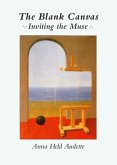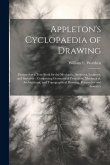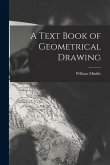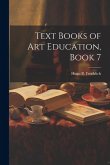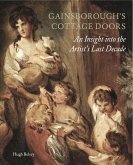Can a painting or illustration of a biblical scene help readers understand the Bible? Conversely, to what extent can knowledge about a biblical story help viewers appreciate an artist's portrayal of it? Interpreting biblical art is more than a matter of asking whether or not an artist 'got it right' or 'got it wrong'. This lively collection of essays seeks to establish a dialogue between the Bible and art that sees the biblical text and artistic representations of it as equal conversation partners. By looking at texts and canvases from different angles, the nine contributors to the volume reveal how biblical interpretation can shed important light on art, how art can contribute significantly to biblical interpretation and how each has something distinctive to offer to the interpretative task. Contributions include J. Cheryl Exum on Solomon de Bray's Jael, Deborah and Barak, Hugh S. Pyper on depictions of the relationship between David and Jonathan, Martin O'Kane on the biblical Elijah and his visual afterlives, Christina Bucher on the Song of Songs and the enclosed garden motif in fifteenth-century paintings and engravings of Mary and the infant Jesus, Ela Nutu on differences in the way female and male artists have represented Judith, Christine E. Joynes on visualizations of Salome's dance, Heidi J. Hornik on Michele Tosini's Nativity, Way to Calvary and Crucifixion as visual narratives, Kelly J. Baker on Henry Ossawa Tanner's The Annunciation and Nicodemus, and Christopher Rowland on William Blake and the New Testament.
Bitte wählen Sie Ihr Anliegen aus.
Rechnungen
Retourenschein anfordern
Bestellstatus
Storno


